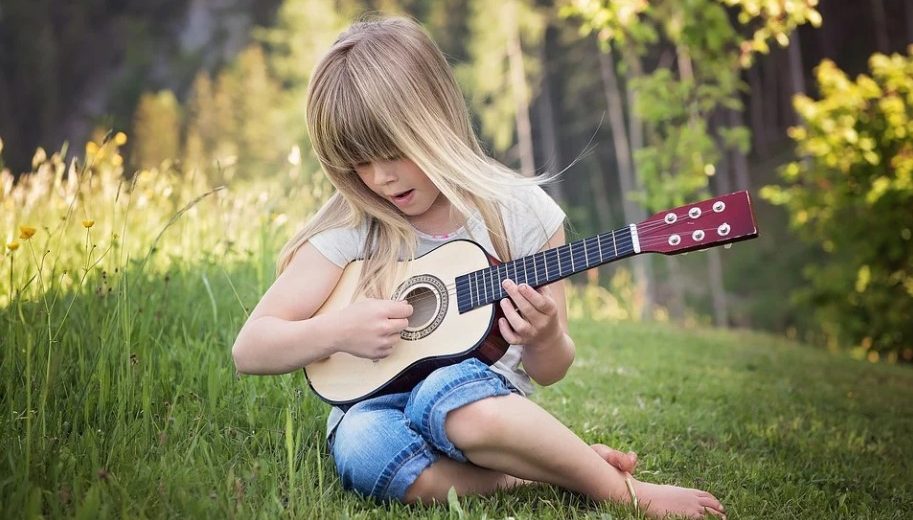What are the benefits of learning music from an early age ?
Music is part of our lives, we are so used to its presence that it would be difficult for us to imagine our daily life without its existence. Indeed, music not only generates intense emotional states, but it also has many benefits, especially for children. It improves memory, develops intelligence, promotes attention and increases self-control.
We are all born with the ability to appreciate music. Educating children in music from an early age is to open them up to one of the most fulfilling human activities. Studying music from childhood improves brain function in adulthood. An interesting study conducted at Northwestern University in Evanston, Illinois (USA) found that individuals who play music “have better brain responses to complex sounds”; which translates into “advantages ranging from better auditory perception to greater executive function through more efficient use of communication tools”.
Introduction to music provides a sense of security in children. In them, trust and respect grow, collaboration and mutual aid develop. At the literacy stage, it is good to do rhyming exercises with marked syllables and accompanied by gestures, so that the child begins to sing; In this way, you will also improve his speech, he will be more expressive and creative. So he will surely learn to speak before other children.
Music also promotes concentration and the ability to learn other languages. If you listen to songs in English, for example, the child will master this language earlier. Music also helps in the development of bodily expression and stimulates movement, balance and rhythmic control.
Many musicians have taken an interest in musical pedagogy, they have designed learning methods intended especially for the youngest, convinced that the first stages of life are essential for the expression of future talent.
For example, the Suzuki method of learning to play a musical instrument has been used in books and recordings for piano, violin, viola, transverse flute, recorder, cello, harp, guitar, double bass, vocals, charango. , Tarka, mandolin and ocarina. Its founder, the Japanese Shinichi Suzuki, was convinced that if all children learn a language, they can also learn the language of music. His method incorporates all the peculiarities of learning to speak: start very early, respecting the child’s rhythm, repeat as many times as necessary, always with the support and affectionate encouragement of the parents.
In the same way that a child does not learn to write before he has mastered speech, in the Suzuki method, the child does not learn to read music until he has reached a level of basic skill on his instrument. .
If you wish, do not hesitate to talk about it with your Nannie, she will be delighted to accompany your child in his musical awakening 🙂

